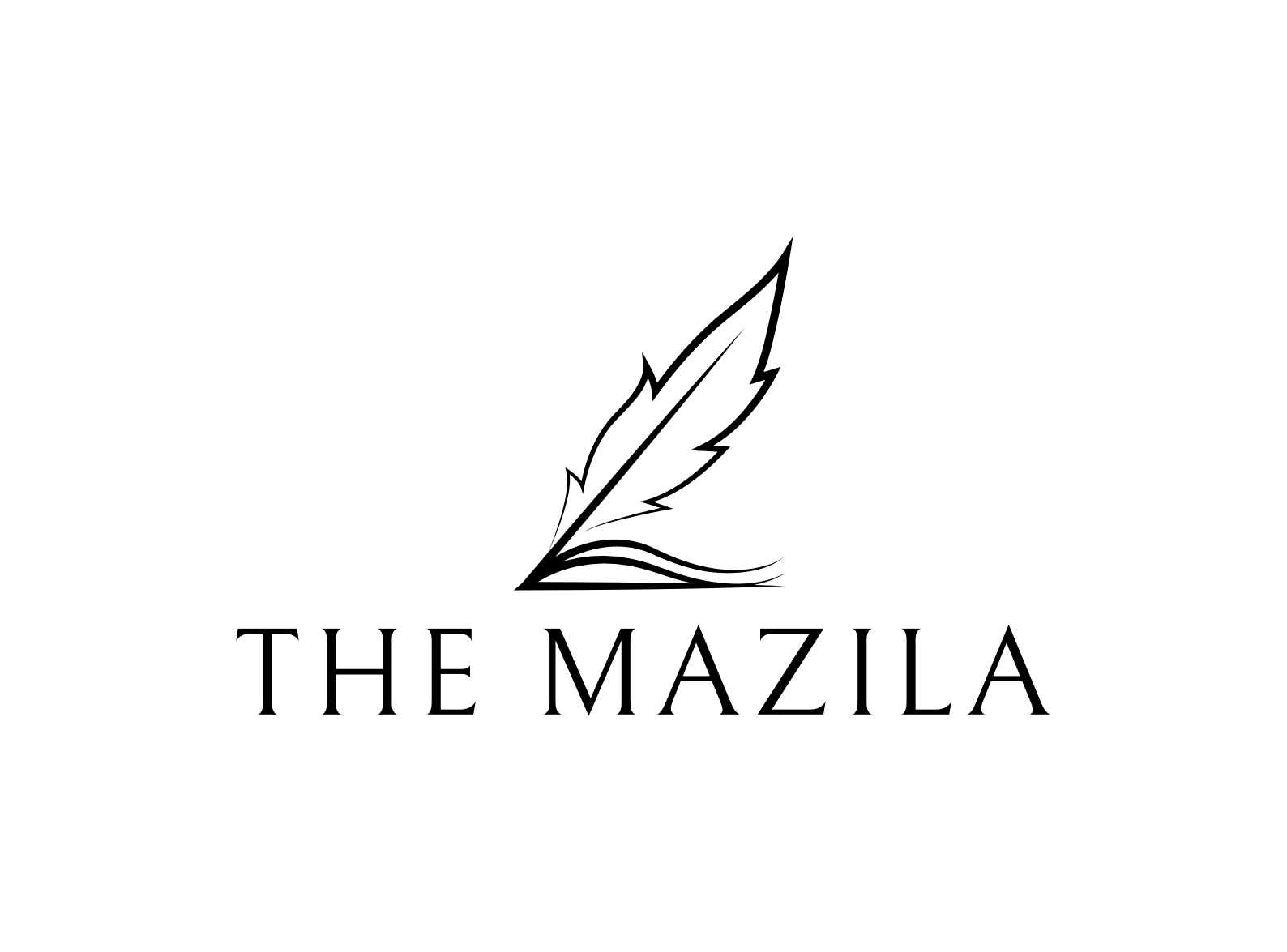Introduction
Nigeria, a vibrant and diverse nation, is home to over 500 languages, each with its own unique history, culture, and beauty. This linguistic richness is a testament to the country’s rich heritage and the resilience of its people. In this post, we will explore the diversity of Nigerian languages and emphasize the need for multilingual communication solutions, such as Hausa and Pidgin translators.
The Linguistic Tapestry of Nigeria
Nigeria’s linguistic landscape is a testament to its rich cultural heritage. From the widely spoken languages like Yoruba, Igbo, and Hausa to the smaller, more regional languages, each language carries a unique identity and reflects the diverse experiences of its speakers.
The Importance of Multilingual Communication Solutions
- Bridging the Language Gap: In a country with such a diverse linguistic landscape, multilingual communication solutions are essential for bridging the language gap and fostering effective communication between different ethnic groups and regions.
- Promoting Unity and Understanding: Multilingual communication can help promote unity and understanding among Nigerians from different backgrounds, fostering a sense of national identity.
- Facilitating International Relations: In today’s globalized world, multilingual communication is essential for Nigeria to engage with international partners and participate in the global economy.
The Role of Hausa and Pidgin Translators
Hausa and Pidgin English, as widely spoken languages in Nigeria, play a crucial role in facilitating multilingual communication. Hausa, a lingua franca in the northern regions, and Pidgin English, a common language used throughout the country, can serve as valuable tools for bridging language barriers and promoting effective communication.
The Global Significance of Nigerian Languages
Nigerian languages are not only important within the country but also have global significance. They contribute to the rich tapestry of human language and culture, and their study can provide valuable insights into linguistics, anthropology, and cultural studies.
Conclusion
The diversity of Nigerian languages is a testament to the country’s rich cultural heritage. Multilingual communication solutions, such as Hausa and Pidgin translators, are essential for bridging language barriers, promoting unity, and facilitating international relations. By embracing the richness of Nigerian languages, the country can strengthen its identity, foster cultural exchange, and contribute to the global linguistic landscape.


Leave a Reply